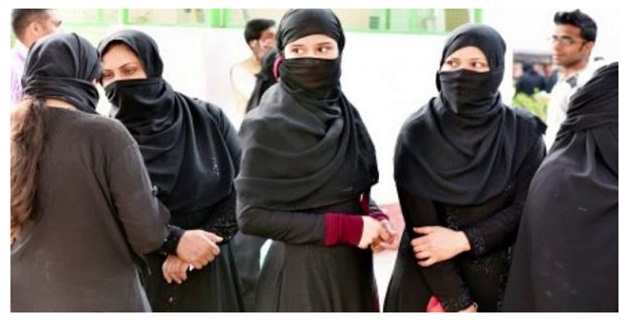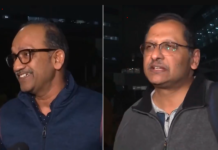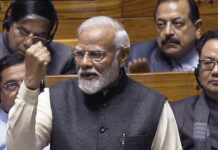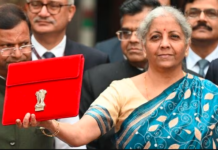A rage between Muslim communities has been doing rounds these days over the controversial practice of ‘triple talaq’. Muslim organisations, led by the All India Muslim Personal Law Board (AIMPLB) accused the central government of violating their religious freedom and pluralism under the Constitution. The Law Commission of India has recently generated a questionnaire soliciting public opinion on the desirability of bringing about the common code as mandated by Article 44 of the Indian Constitution (under Part IV of the Directive Principles of State Policy).
The questionnaire was part of an initiative to collect feedback and whose findings would be placed in the Supreme Court.
The Muslim Personal Law Board says it will boycott the questionnaire, which, it claims, is acting at the behest of the Centre instead of working as an independent body. The AIMPLB would instead issue its own questionnaire to “reflect the real mood” in the country on personal laws; as said by the Muslim Law Board.
Maulana Wali Rehmani, general secretary of AIMPLB said “The Constitution of India is the binding agreement that India has with every citizen of the country. Article 25 of the Constitution guarantees religious freedom (under the Right to Religion) which keeps the country united. It is wrong and inappropriate of the government to try to meddle in our personal law.”
‘Triple talaq’ is the Muslim practice of divorce under the Islamic Law. Based on the holy Quran, it permits a husband to pronounce talaq three times to instantly divorce his wife. However, if the couple wants to recoincile after the Talaq is completed, the Quran states that there is no harm in doing so after the wife has married another man and has divorced him (known as ‘Talaq Halala’).
The government has said that triple talaq violates the right to equality of women, as well as their dignity, and has no place in a secular country.
The Maulana and Muslim bodies like the Jamiat Ulema-e-Hind, Markazi Jamiat Ahle Hadith, All India Milli Council, All India Muslim Majlis-e-Mushawarat, Darul Uloom Deoband and Ittehad-e-Millat Council are still in the favour of discriminatory and regressive practices in the name of the religion. Derogatory practices like the triple talaq, halala, polygamy, denial of alimony to divorced women and child marriage are still being practiced in the major part of the Muslim communities. The Centre has countered the claim of the Muslim Law Board and said, “practices of triple talaq, polygamy and nikah halala cannot be regarded as essential part of religion and hence get no protection under fundamental right to religion.”
The women, too, are opposing triple talaq in the Supreme Court. They want a well defined law that treats women equally and with dignity and also criminalising polygamy, unilateral divorce and child marriage. In 1985, a similar case of Shah Bano was filed in the Supreme Court in which she won the right to alimony from her husband. However, she was subsequently denied the alimony when the Indian Parliament reversed the judgement under pressure from Islamic communities.
According to the Muslim women’s organisation, triple talaq is not against Sharia law (the Islamic legal code) as the Quran does not have any such provision. Zakia Soman of the Bharatiya Muslim Mahila Andolan said, “As far as the Quran is concerned, there is no mention of triple talaq. It is a later addition done after the passing away of the Prophet when one of the imams allowed it only temporarily. Our primary argument in the Supreme Court is that it is not against the Shariat.”
Another issue of desirability of uniform civil code (UCC) is also being debated. Under the UCC, Muslims and other minorities like Christians and Parsis, would lose their existing right to apply their own civil code or laws for family matters including marriage, divorce and inheritance.
The Maulana said that UCC is not good for the nation as diverse as India, and such a code would be against the spirit of the Constitution that guarantees every citizen their right to practice their religion. he further went on to accuse Modi government of using UCC as a diversion from their past failures.












